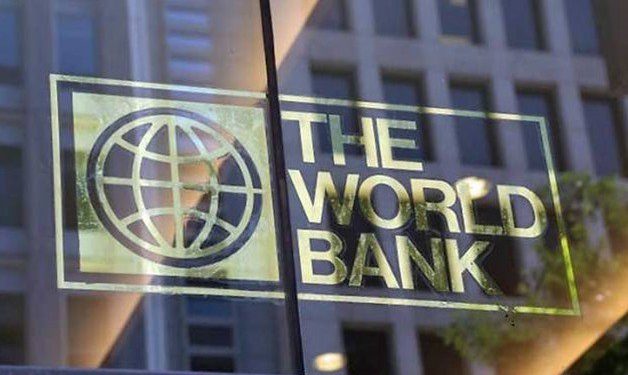Government To Depend On T-Bills, Bilateral And Multilateral Financing Over The Next 3 years
Meanwhile, the World Bank has earmarked approximately $3 billion for Ghana, spanning from 2023 to 2026.
- Advertisement -
Facing constrained access to international capital markets, the Government is set to rely heavily on domestic treasury bills and financing from multilateral and bilateral partners over the 2024-2026 period.
According to projections from the World Bank, Ghana will rely mainly on T-bills, multilateral and other bilateral lenders for financing until 2027, with the nation navigating this period largely through short-term debt instruments and targeted external assistance with a return to medium and long-term domestic bond issuance anticipated by 2025.
- Advertisement -
Meanwhile, the World Bank has earmarked approximately $3 billion for Ghana, spanning from 2023 to 2026.
- Advertisement -
This figure includes $1.5 billion for project loans, $1.15 billion for budgetary support, and $400 million for miscellaneous projects.
Concurrently, the African Development Bank is expected to disburse $338 million during the same period, with $200 million allocated for project loans and grants, and $103 million designated for budgetary support through 2024.
- Advertisement -
On the domestic front, the government has announced plans to raise GH¢78.441 billion from the money market in Q3 2024, with GH¢53.807 billion earmarked for rolling over short-term maturities.
The remaining GH¢24.633 billion will be new issuances aimed at meeting the government’s financing requirements.
This issuance strategy will primarily involve the sale of 91-day, 182-day, and 364-day bills on a weekly basis through primary auctions.
Source:norvanreports.com
- Advertisement -


